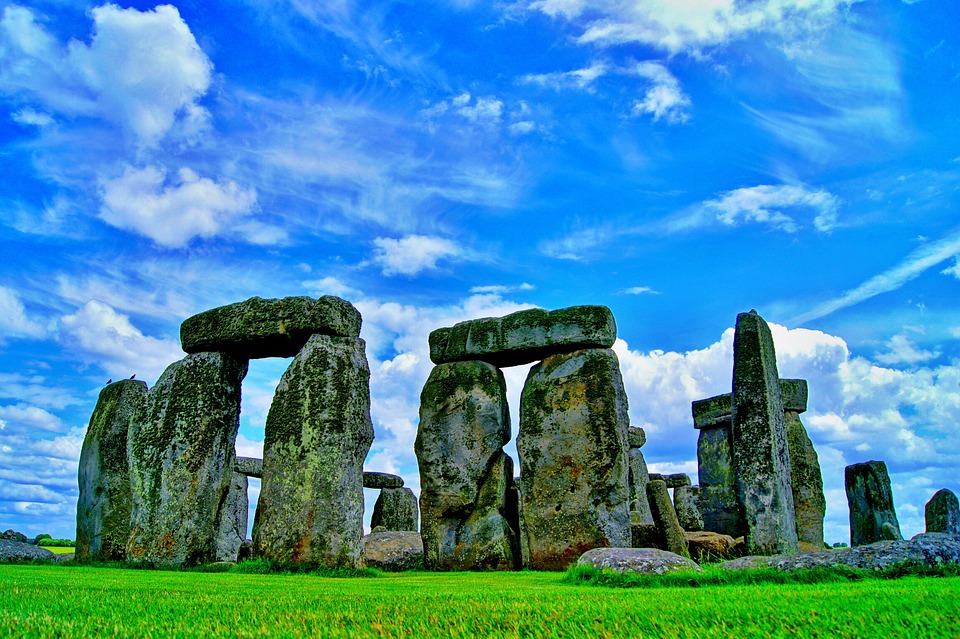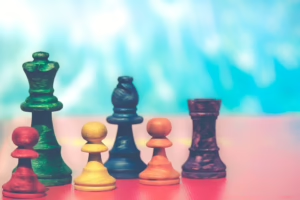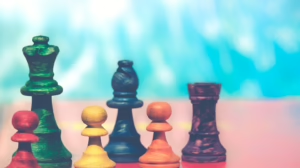Women Who Changed History: Celebrating the Unsung Heroines
Throughout history, women have played pivotal roles in shaping societies, pushing boundaries, and driving change, yet their contributions have often been overlooked or simply forgotten. As we look back through the ages, it is vital to bring to light the unsung heroines whose courage, intelligence, and tenacity have profoundly impacted the world. From political leaders and scientists to activists and artists, these women have paved the way for future generations, inspiring countless individuals along the way.
The Early Trailblazers
Hypatia of Alexandria (c. 360-415 CE)
In the tumultuous backdrop of ancient Alexandria, Hypatia emerged as a philosopher, mathematician, and astronomer. As one of the first notable female academics, she was a beacon of knowledge and a symbol of intellectualism during a time when women were largely excluded from higher education. Hypatia taught philosophy and astronomy, emphasizing the importance of rational thought and scientific inquiry. Her tragic death, a result of political and religious tensions, marked the decline of classical learning but solidified her legacy as a martyr for education and women’s intellectual rights.
Mary Wollstonecraft (1759-1797)
Often regarded as one of the first advocates for women’s rights, Mary Wollstonecraft authored "A Vindication of the Rights of Woman" in 1792, arguing for women’s education and equality. In a time when women were expected to embody servitude and submission, Wollstonecraft challenged societal norms, emphasizing that women possess the same rational capacities as men. Her pioneering work laid the groundwork for feminist thought and inspired future suffragists worldwide.
The Architects of Change
Harriet Tubman (c. 1822-1913)
Harriet Tubman’s name is synonymous with courage, determination, and an unfaltering spirit. Born into slavery, Tubman escaped to freedom and returned numerous times to rescue enslaved individuals via the Underground Railroad. Not only did she lead over 300 slaves to safety, but she also played a significant role in the Civil War as a spy and nurse. Tubman’s unwavering commitment to justice and equality remains a powerful symbol of the fight against oppression.
Rosa Parks (1913-2005)
Her quiet act of defiance on December 1, 1955, when she refused to give up her bus seat to a white man, ignited the Montgomery Bus Boycott and became a defining moment in the American Civil Rights Movement. Rosa Parks’ steadfast resolve and unwavering dedication to social justice challenged systemic racism and inspired generations to advocate for equality. Parks’ legacy endures, reinforcing the idea that individuals can initiate monumental change through courageous actions.
Innovators and Influencers
Ada Lovelace (1815-1852)
In the world of technology, Ada Lovelace stands out as a pioneer of computer programming. Often celebrated as the first computer programmer, Lovelace saw the potential of Charles Babbage’s Analytical Engine long before electronic computing was a reality. Her insights into algorithms and computational theory laid foundational work that would eventually shape modern computing. Despite her significant contributions, Lovelace’s story remains largely untold in the tech narrative, highlighting the persistent gender biases that often overshadow women’s achievements in STEM.
Frida Kahlo (1907-1954)
Frida Kahlo’s vibrant artwork, steeped in personal experience, cultural heritage, and feminist themes, continues to resonate with audiences worldwide. Through her poignant self-portraits and use of symbolism, Kahlo explored complex subjects such as identity, post-colonialism, gender, and disability. Her unapologetic approach to expressing her life’s struggles and triumphs makes her an enduring icon of self-acceptance and empowerment, inspiring future artists and feminists to embrace their individuality.
The Modern-Day Trail
Malala Yousafzai (1997-Present)
A contemporary symbol of courage, Malala Yousafzai became a global advocate for girls’ education after surviving an assassination attempt at the hands of the Taliban in Pakistan. Through her activism, she has shed light on the importance of education for girls worldwide, earning the Nobel Peace Prize in 2014 at the age of 17. Malala’s voice resonates as a powerful reminder of the importance of education, resilience, and the ongoing fight for women’s rights.
Tarana Burke (1973-Present)
As the founder of the #MeToo movement, Tarana Burke has been instrumental in raising awareness around sexual violence and advocating for survivors. Her grassroots campaign, which began in 2006, gained international recognition in 2017, igniting a global conversation about consent, harassment, and women’s rights. Burke’s work emphasizes the importance of community, empathy, and collective healing, forging a path toward greater societal awareness and change.
Conclusion
The contributions of women throughout history are as vast as they are varied, encompassing a multitude of fields and disciplines. Celebrating these unsung heroines is crucial not only for recognizing their individual achievements but also for understanding the broader tapestry of our shared history. As we honor their legacies, we remind ourselves of the importance of striving for equity and justice in our own lives and the lives of those who will follow us. By illuminating the stories of these remarkable women, we can inspire future generations to continue the fight for equality, justice, and change in every corner of the world.
For more insights into the contributions of women throughout history, you can check out [modern_footnote_source_link].
























Add Comment